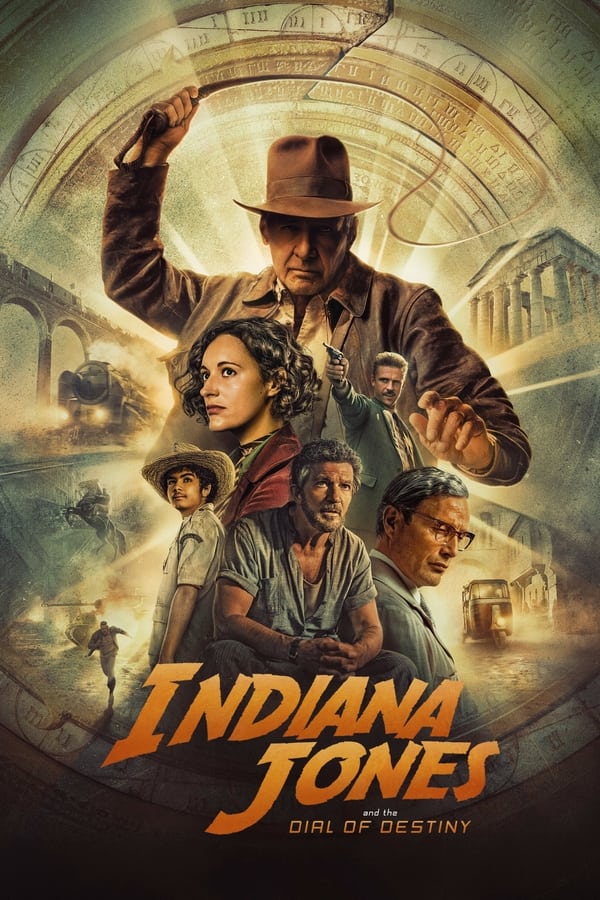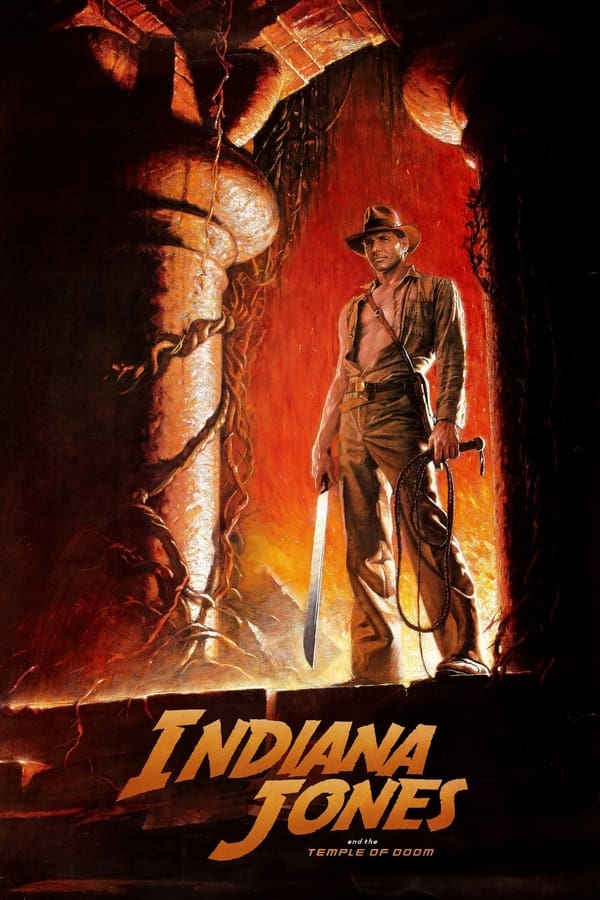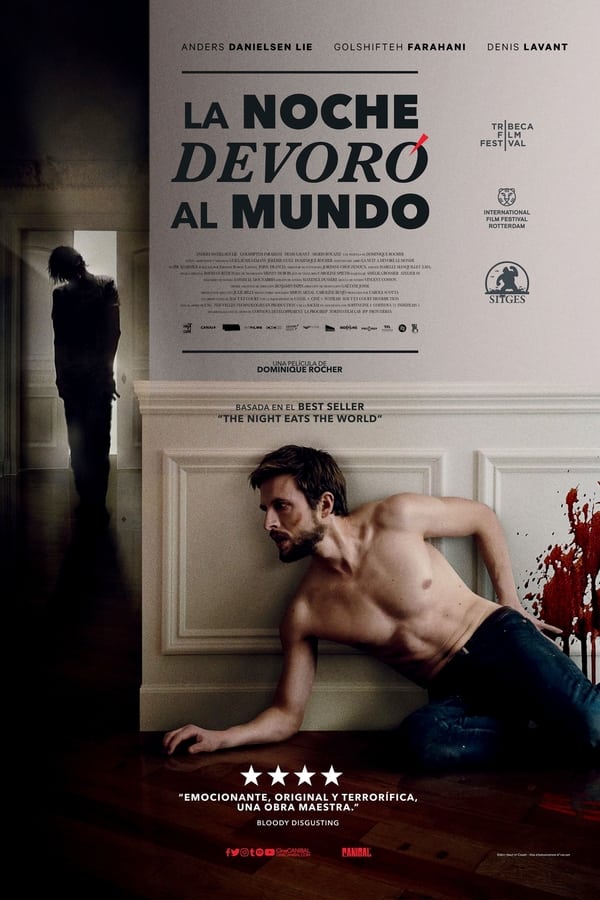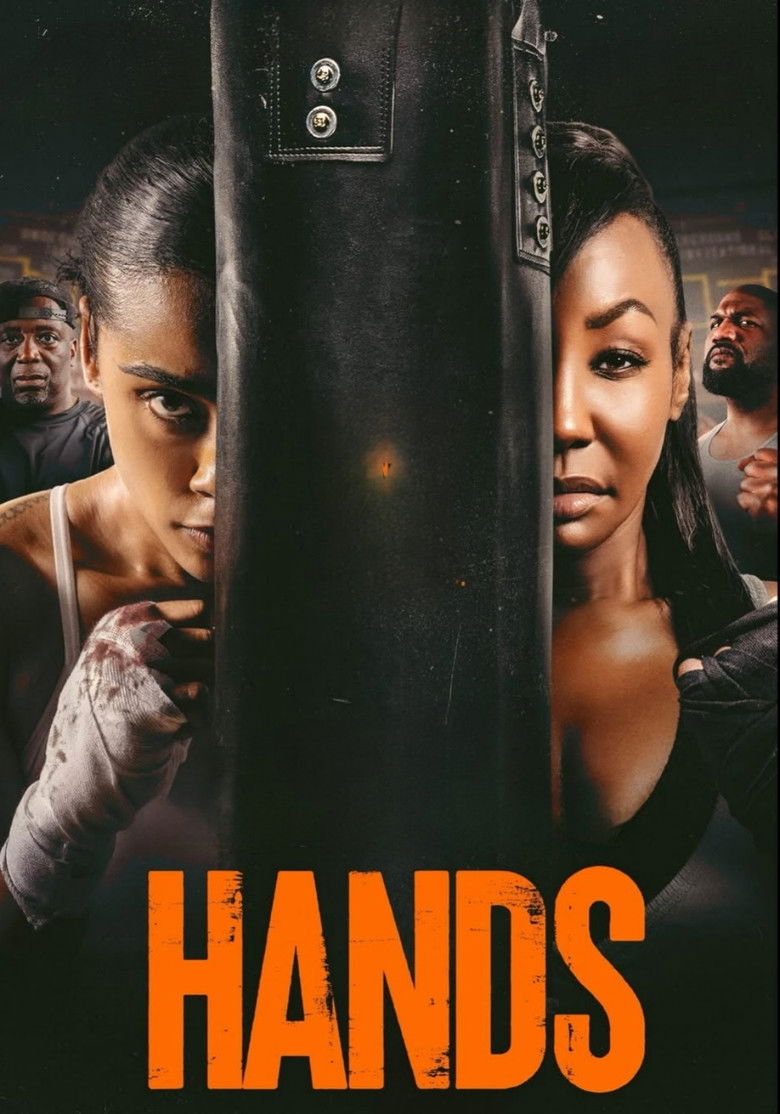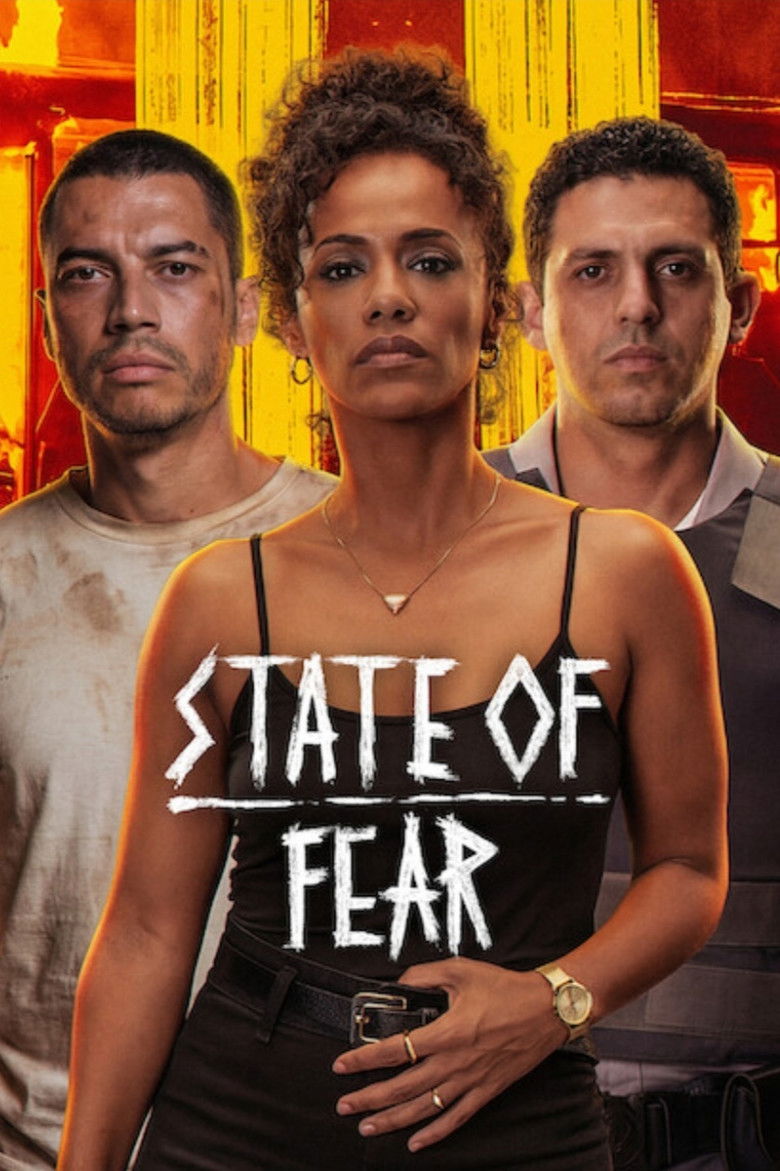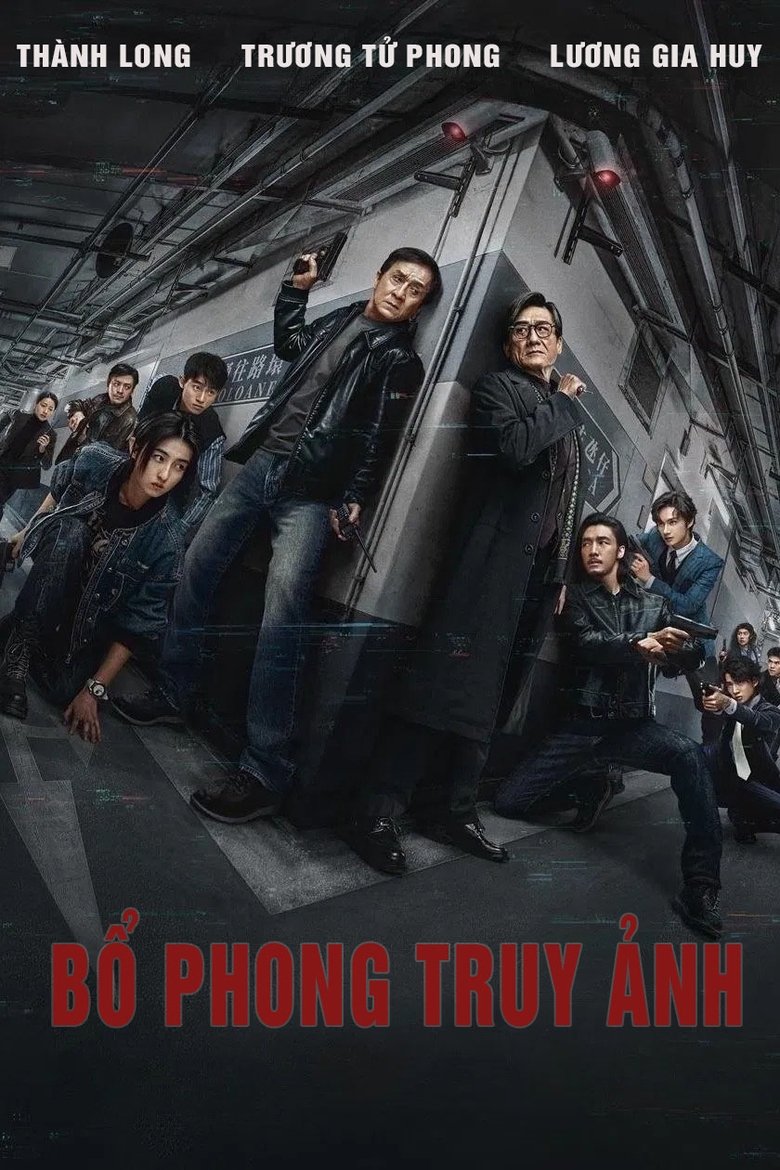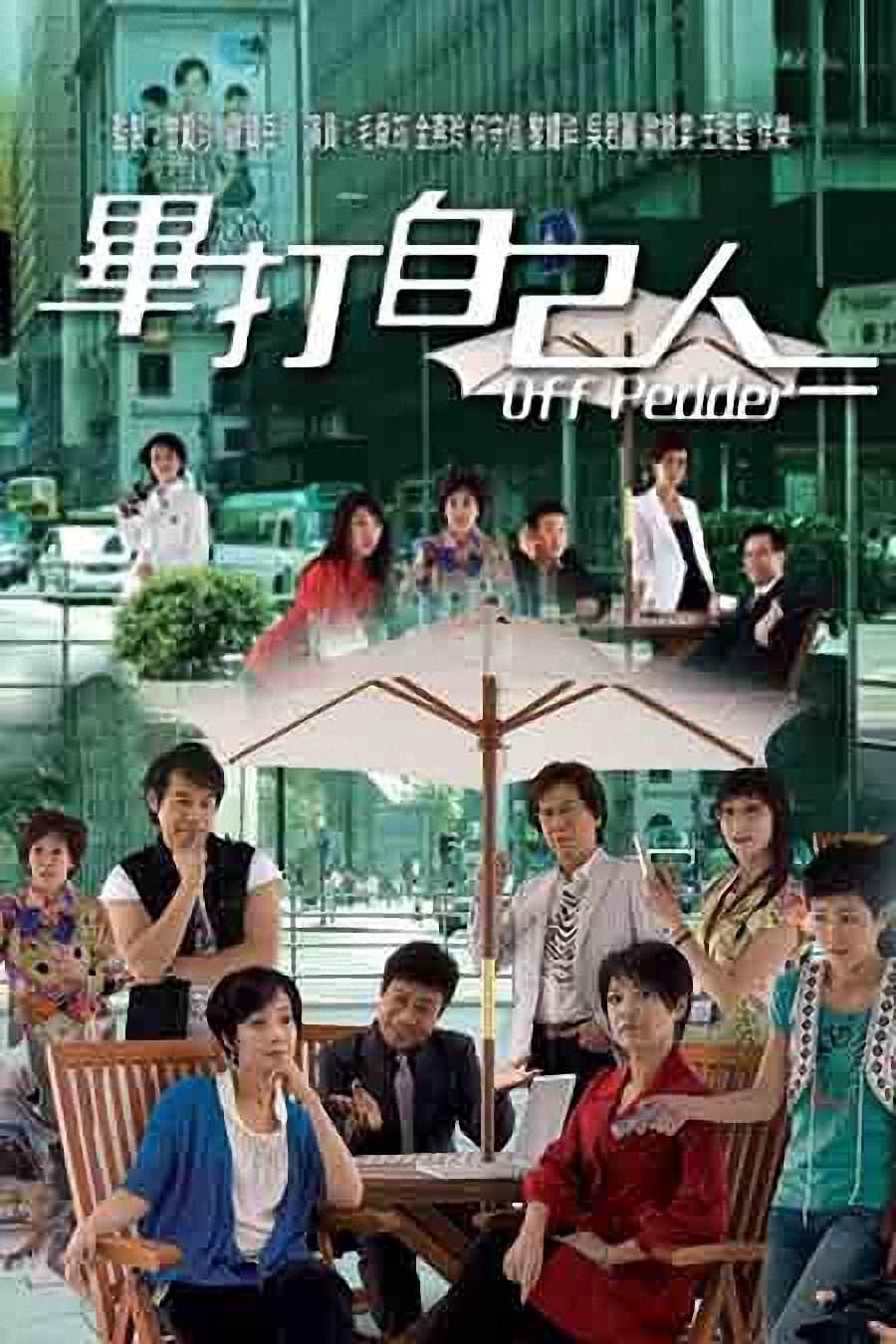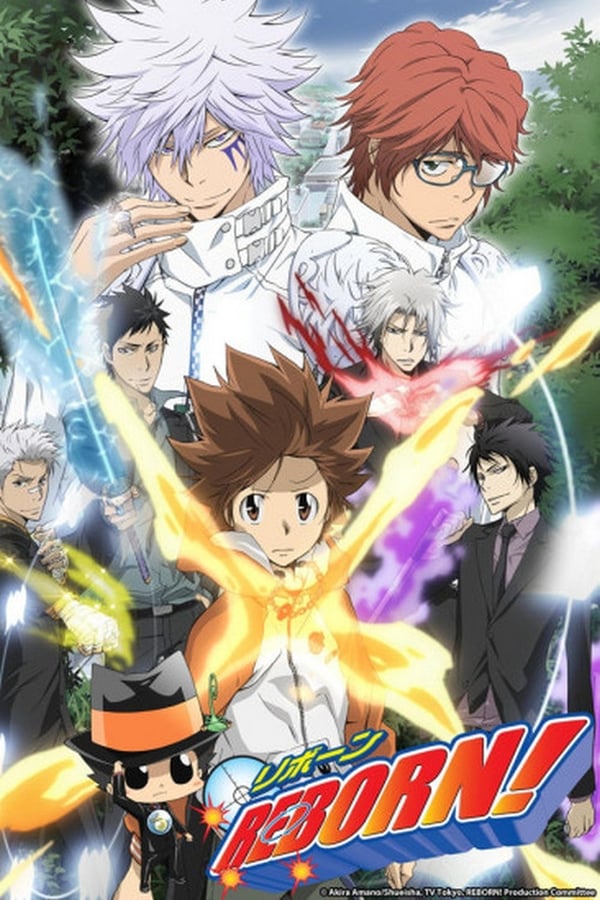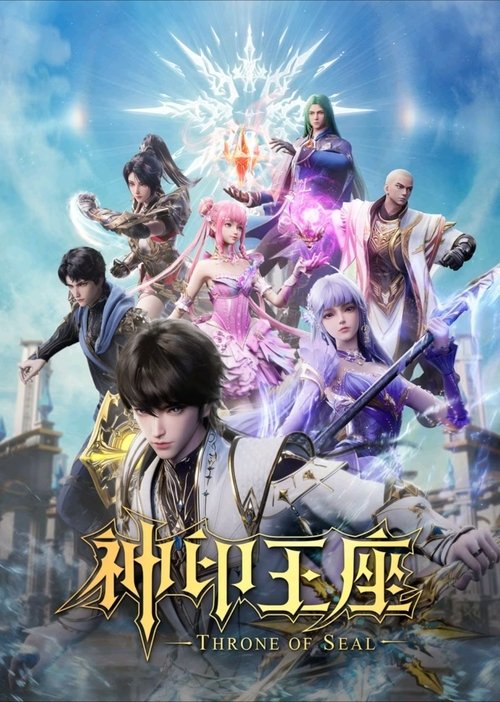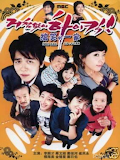The Legend of Johnny Jones
In the gritty landscape of New Jersey's housing projects, "The Legend of Johnny Jones" unfolds a chilling narrative that pierces through the fabric of societal struggle and personal torment. This cinematic jouey introduces us to a young man, a perennial resident of poverty and victimhood, whose life takes a harrowing tu leading to a psychological unraveling and an unprecedented killing spree. As his fury transcends the bounds of control, the ominous legend of Johnny Jones is thrust into existence, etching his name alongside the likes of Jason Voorhees, Freddy Krueger, and Michael Myers in the annals of horror iconography.
Matthew "Ghost" Clark, the mastermind behind the screenplay, crafts a tale that transcends the conventional boundaries of the horror genre. Angry Troll Studio's production brings forth a film that not only chills the spine but also etches its name into the pantheon of horror classics. The canvas upon which this story is painted is one of raw emotion, psychological torment, and a descent into the darkest coers of the human psyche.
From the outset, "The Legend of Johnny Jones" grabs the audience by the throat, immersing them in a world where poverty and abuse serve as the crucible for a descent into madness. The film becomes a haunting exploration of the human condition, delving into the depths of despair and emerging with a character whose name will be whispered in the same breath as horror's most iconic figures.
The decision to introduce the first African American slasher as the central figure adds layers of socio-cultural commentary to the horror narrative. Johnny Jones becomes not just a harbinger of terror but a symbol of the systemic struggles faced by marginalized communities. The film, as crafted by Matthew "Ghost" Clark, becomes a vessel for confronting uncomfortable truths, using horror as a medium to reflect on societal ills.
The movie's narrative unfolds with a relentless pace, each scene meticulously crafted to heighten the tension and amplify the horror. The cinematography, akin to a macabre ballet, captures the essence of Johnny Jones' malevolence while simultaneously exposing the vulnerabilities that lurk beneath the surface. Pauline Kael's influence in the prose becomes evident as every frame is dissected with precision, revealing the nuanced layers of horror that extend beyond the superficial.
The brilliance of "The Legend of Johnny Jones" lies not only in its ability to evoke fear but also in its exploration of the psyche of a killer. The film ventures into the realm of psychological horror, inviting the audience to grapple with the blurred lines between victimhood and villainy. The screenplay navigates the complexities of Johnny Jones' character, transcending the typical slasher trope to create a multidimensional and, at times, sympathetic antagonist.
The cast's performances, under the directorial vision of Angry Troll Studio, are nothing short of spectacular. Each actor brings an authenticity to their roles, breathing life into characters that navigate the treacherous landscape of horror. The chemistry between the cast members adds depth to the narrative, intensifying the impact of each horrifying revelation.
As the legend of Johnny Jones unfolds, the film delves into the supeatural, intertwining elements of the occult with the psychological horrors that plague the protagonist. The seamless integration of these thematic elements showcases the meticulous craftsmanship that went into creating a horror opus that transcends the boundaries of the genre.
The visual effects employed in "The Legend of Johnny Jones" elevate the horror experience to new heights. From the visceral brutality of the killing spree to the otherworldly manifestations, the CGI work is a testament to the advancements in cinematic technology. The nightmarish landscapes, coupled with the palpable tension, draw the audience into a realm where reality and horror converge.
In conclusion, "The Legend of Johnny Jones" stands as a testament to the evolution of the horror genre. Matthew "Ghost" Clark's narrative prowess, coupled with the directorial finesse of Angry Troll Studio, creates a film that not only terrifies but also challenges societal norms. The inclusion of an African American slasher adds a crucial layer of representation, opening avenues for discussions on race and socio-economic disparity.
This horror classic, destined to etch its mark in the echelons of cinematic history, beckons audiences to confront the darkness within and reflect on the societal nightmares that persist. As Pauline Kael would appreciate, "The Legend of Johnny Jones" is not merely a horror film; it is a visceral exploration of the human condition, a cinematic symphony that resonates with fear and societal introspection.


The Legend of Johnny Jones
-
Status:
- Trailer - Multi-Subtitles
- Matthew Clark
Directors: James Twyman
Actors: Danny Trejo, Dylan Playfair, Clifton Powell, Isaac C. Singleton Jr., Hector David Jr., Emily Rose Hernandez, Eliane Reis, Aaron Cohen, David Siracusa, Nate Bynum, Raven Armando Astone, Bronsonn Taylor, Ikeem Boseman, Michael T. Dean, Janvier Katabarwa, Alexander Arzu, John Ozuna, Janine Rivers
Genres: New Movies, Horror, Thriller,
Country: England,
Time:
Release Year: 2024
Productors:
In the gritty landscape of New Jersey's housing projects, "The Legend of Johnny Jones" unfolds a chilling narrative that pierces through the fabric of societal struggle and personal torment. This cinematic jouey introduces us to a young man, a perennial resident of poverty and victimhood, whose life takes a harrowing tu leading to a psychological unraveling and an unprecedented killing spree. As his fury transcends the bounds of control, the ominous legend of Johnny Jones is thrust into existence, etching his name alongside the likes of Jason Voorhees, Freddy Krueger, and Michael Myers in the annals of horror iconography.
Matthew "Ghost" Clark, the mastermind behind the screenplay, crafts a tale that transcends the conventional boundaries of the horror genre. Angry Troll Studio's production brings forth a film that not only chills the spine but also etches its name into the pantheon of horror classics. The canvas upon which this story is painted is one of raw emotion, psychological torment, and a descent into the darkest coers of the human psyche.
From the outset, "The Legend of Johnny Jones" grabs the audience by the throat, immersing them in a world where poverty and abuse serve as the crucible for a descent into madness. The film becomes a haunting exploration of the human condition, delving into the depths of despair and emerging with a character whose name will be whispered in the same breath as horror's most iconic figures.
The decision to introduce the first African American slasher as the central figure adds layers of socio-cultural commentary to the horror narrative. Johnny Jones becomes not just a harbinger of terror but a symbol of the systemic struggles faced by marginalized communities. The film, as crafted by Matthew "Ghost" Clark, becomes a vessel for confronting uncomfortable truths, using horror as a medium to reflect on societal ills.
The movie's narrative unfolds with a relentless pace, each scene meticulously crafted to heighten the tension and amplify the horror. The cinematography, akin to a macabre ballet, captures the essence of Johnny Jones' malevolence while simultaneously exposing the vulnerabilities that lurk beneath the surface. Pauline Kael's influence in the prose becomes evident as every frame is dissected with precision, revealing the nuanced layers of horror that extend beyond the superficial.
The brilliance of "The Legend of Johnny Jones" lies not only in its ability to evoke fear but also in its exploration of the psyche of a killer. The film ventures into the realm of psychological horror, inviting the audience to grapple with the blurred lines between victimhood and villainy. The screenplay navigates the complexities of Johnny Jones' character, transcending the typical slasher trope to create a multidimensional and, at times, sympathetic antagonist.
The cast's performances, under the directorial vision of Angry Troll Studio, are nothing short of spectacular. Each actor brings an authenticity to their roles, breathing life into characters that navigate the treacherous landscape of horror. The chemistry between the cast members adds depth to the narrative, intensifying the impact of each horrifying revelation.
As the legend of Johnny Jones unfolds, the film delves into the supeatural, intertwining elements of the occult with the psychological horrors that plague the protagonist. The seamless integration of these thematic elements showcases the meticulous craftsmanship that went into creating a horror opus that transcends the boundaries of the genre.
The visual effects employed in "The Legend of Johnny Jones" elevate the horror experience to new heights. From the visceral brutality of the killing spree to the otherworldly manifestations, the CGI work is a testament to the advancements in cinematic technology. The nightmarish landscapes, coupled with the palpable tension, draw the audience into a realm where reality and horror converge.
In conclusion, "The Legend of Johnny Jones" stands as a testament to the evolution of the horror genre. Matthew "Ghost" Clark's narrative prowess, coupled with the directorial finesse of Angry Troll Studio, creates a film that not only terrifies but also challenges societal norms. The inclusion of an African American slasher adds a crucial layer of representation, opening avenues for discussions on race and socio-economic disparity.
This horror classic, destined to etch its mark in the echelons of cinematic history, beckons audiences to confront the darkness within and reflect on the societal nightmares that persist. As Pauline Kael would appreciate, "The Legend of Johnny Jones" is not merely a horror film; it is a visceral exploration of the human condition, a cinematic symphony that resonates with fear and societal introspection.
